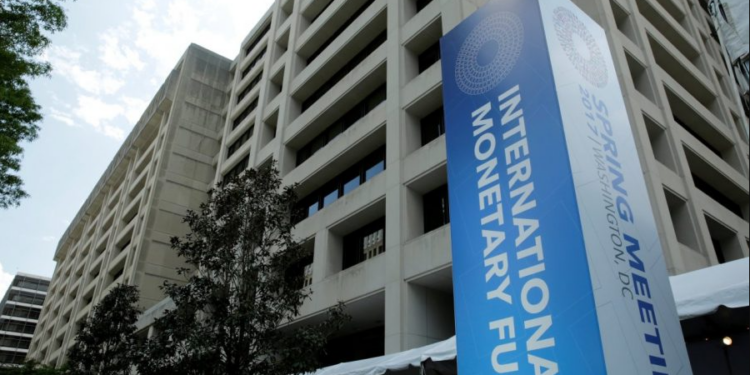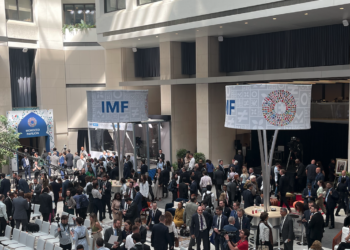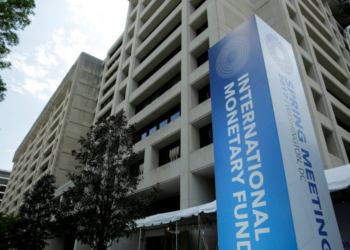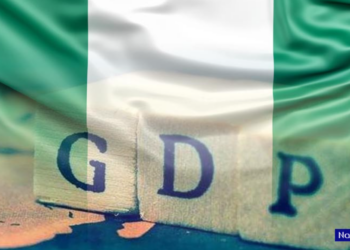The International Monetary Fund (IMF) has expressed concern over Nigeria’s lack of an adequate social safety net to shield vulnerable citizens from the adverse effects of ongoing economic reforms.
In an article published on its website on Monday, the Fund warned that while recent macroeconomic reforms have begun to stabilise certain aspects of the economy, poverty, and food insecurity remain widespread, and inclusive growth remains elusive for millions of Nigerians.
The article, authored by IMF Mission Chief to Nigeria, Axel Schimmelpfennig, and Resident Representative, Christian Ebeke, noted that key reforms undertaken since 2023—such as the liberalisation of the foreign exchange market, ending central bank deficit financing, and removal of fuel subsidies—have improved Nigeria’s access to foreign exchange and boosted international reserves.
The government has also made strides in revenue mobilisation, although Nigeria’s tax-to-GDP ratio remains among the lowest globally.
Despite these gains, the IMF said the country is still grappling with inflation above 20%, limited access to electricity, and exposure to volatile global oil prices, with oil revenues making up 30% of government income in 2024. The Fund noted that without an effective social buffer, the burden of these macroeconomic pressures will continue to fall disproportionately on the poor.
“Nigeria lacks an effective social safety net to cushion the impact of shocks on the most vulnerable,” the Fund said, stressing that scaling up the existing cash transfer system is necessary to make growth more inclusive.
Reforms beginning to show results but challenges persist
The IMF acknowledged the difficult starting point the Bola Tinubu administration inherited in 2023. Between 2014 and 2023, Nigeria’s real per capita GDP declined by an average of 0.7 percent annually, while the poverty rate stood at 42%.
- The economy was also weighed down by a controversial and opaque fuel subsidy regime that strained public finances and contributed to petrol scarcity. In addition, the central bank’s deficit financing had fuelled inflation, and limited access to foreign exchange drove up demand for dollars on the parallel market.
- In response, the new administration introduced a raft of reforms to restore market confidence. The foreign exchange market was liberalised, fuel subsidies removed, and monetary discipline reintroduced.
These changes, according to the IMF, have helped Nigeria return to international capital markets and regain a degree of investor confidence. However, the Fund cautioned that progress has not been evenly felt and that the most vulnerable Nigerians remain at risk in the absence of targeted social protection programmes.
Policy focus must shift to inclusive growth and fiscal transparency
Looking ahead, the IMF outlined three critical policy priorities for Nigeria.
- First, it urged the government to focus on driving stronger and more inclusive growth that can lift millions out of poverty. In the short term, this would require scaling up direct cash transfers to vulnerable households.
- Second, the Fund called for the establishment of a more effective and transparent budget framework that includes realistic assumptions, stronger expenditure controls, and improved implementation and reporting.
- Third, it stressed the importance of raising domestic revenues to finance growth-enabling sectors like agriculture, power, and climate adaptation.
The IMF said tax reforms currently underway are a step in the right direction and would help broaden the tax base and improve compliance. However, it noted that aligning Nigeria’s tax rates with those of its regional peers would only be feasible once the cost-of-living crisis subsides and a robust cash transfer mechanism is fully operational.
It also urged the government to ensure that the savings from fuel subsidy removal are redirected toward critical infrastructure and human capital investments.






















